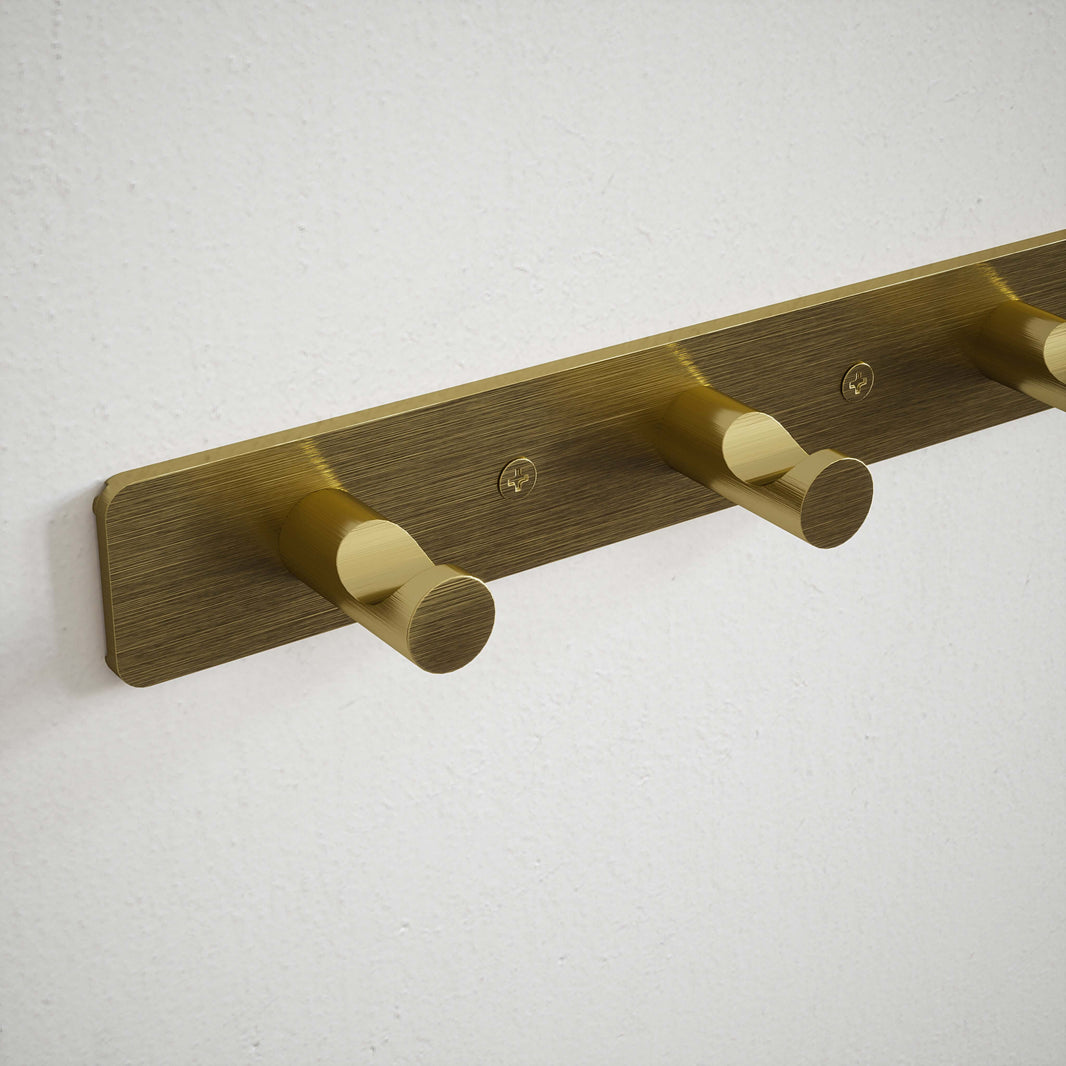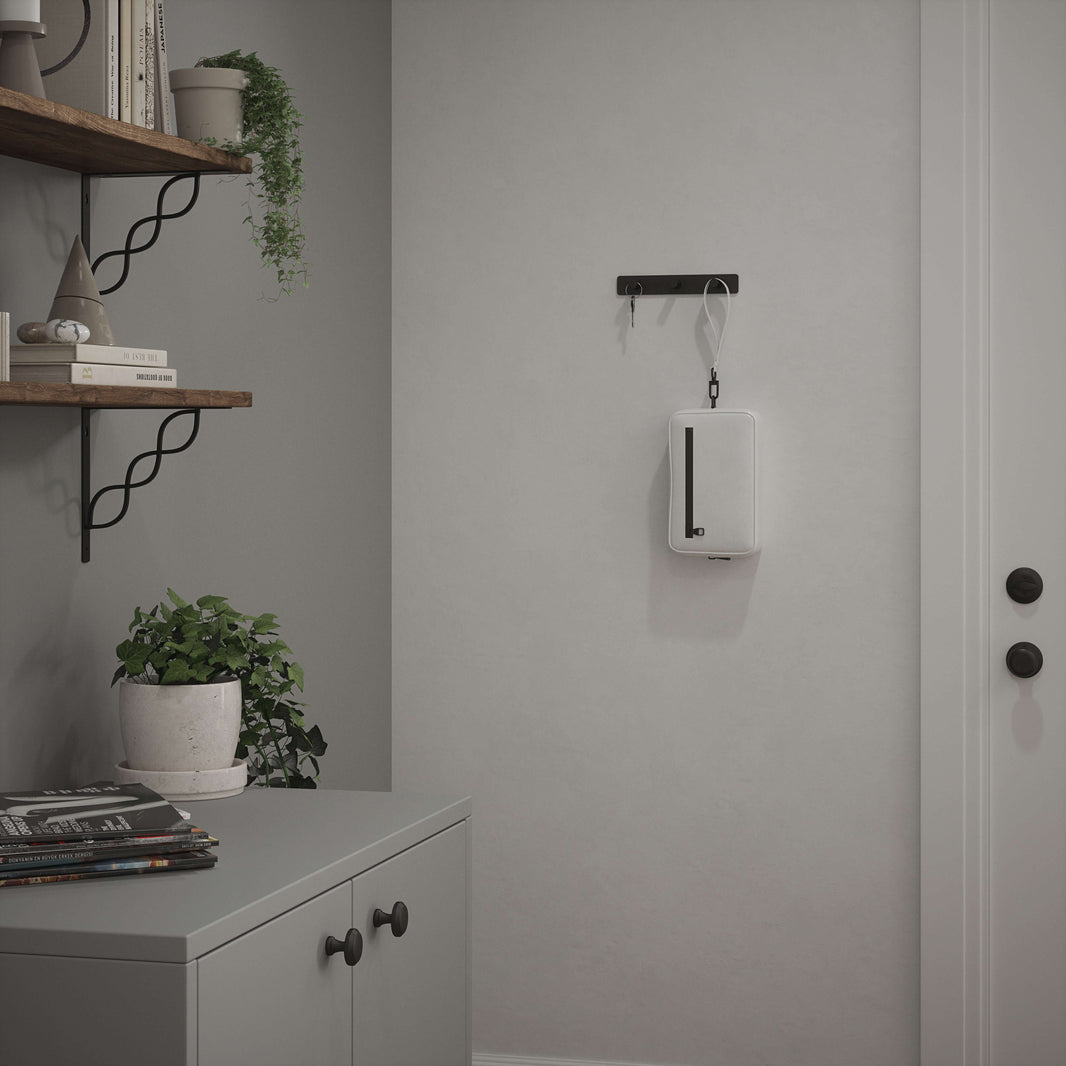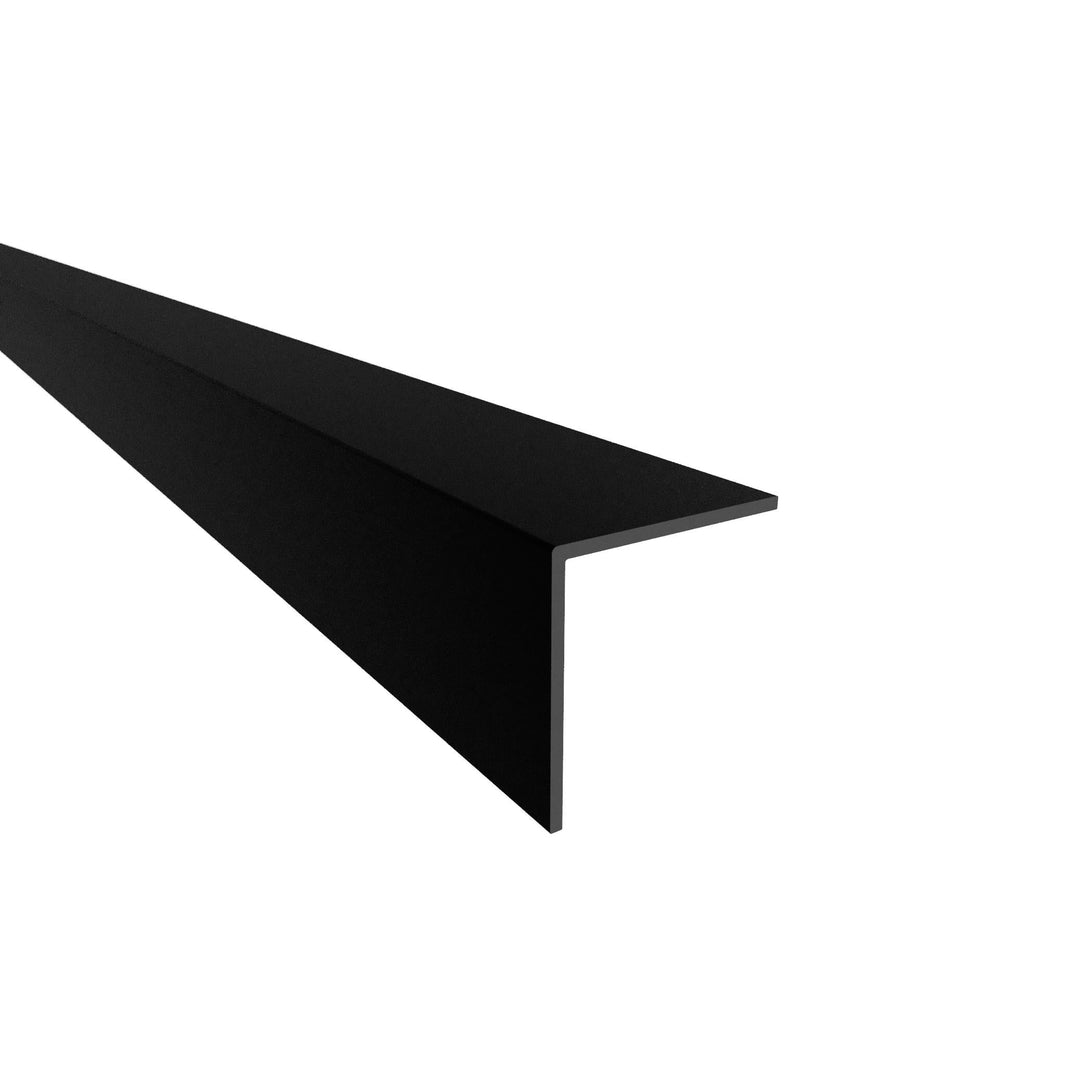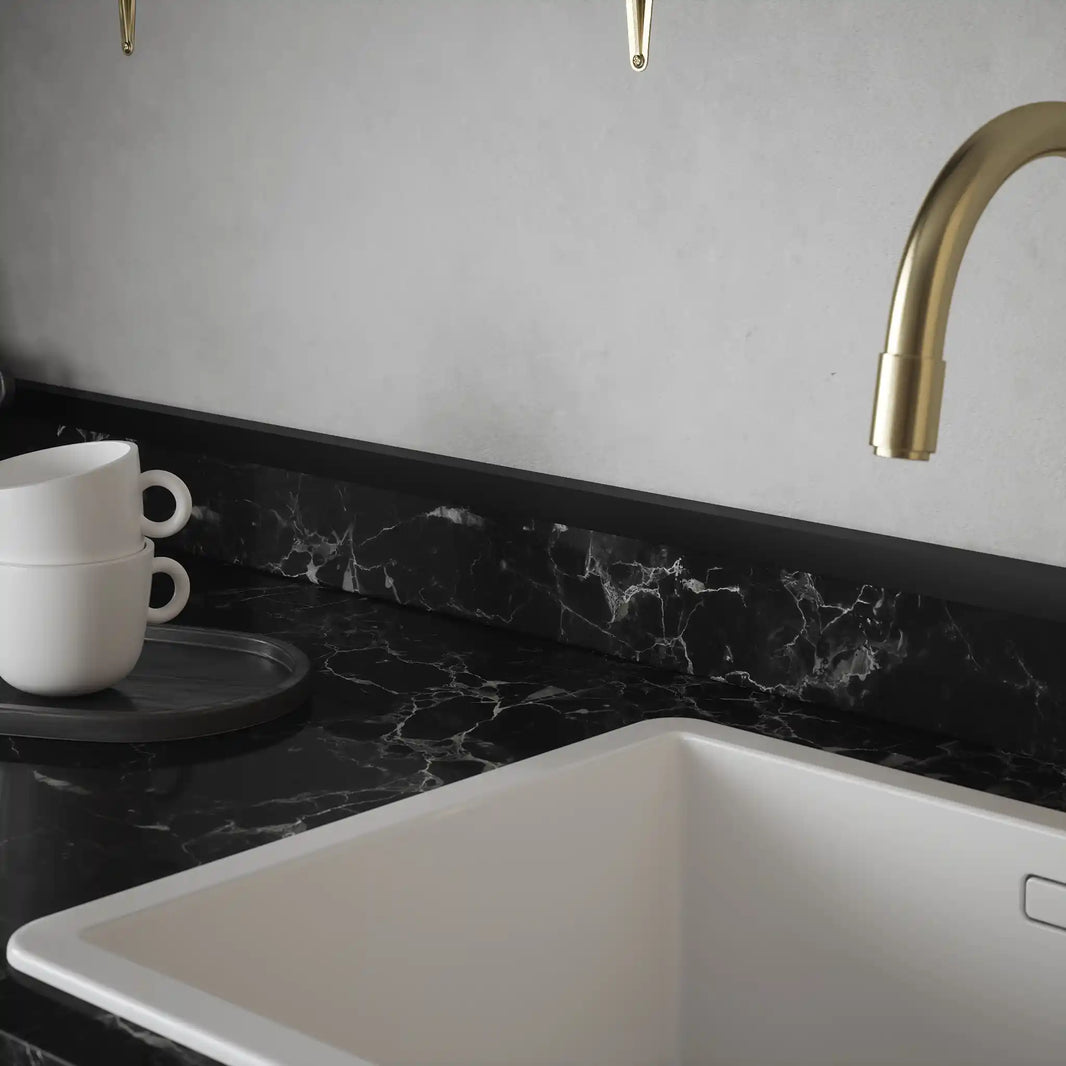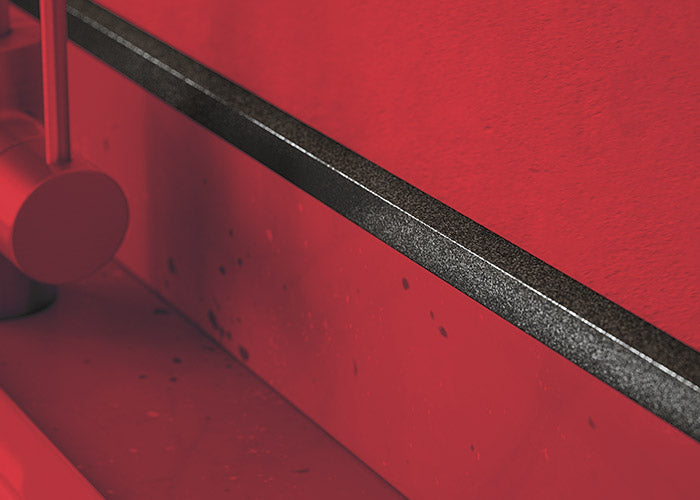1 in 3 People Are Still Planning Home Improvements
One in three people still plan a home makeover, with more than half of those doing it for aesthetic reasons, not due to urgent need or repair.*
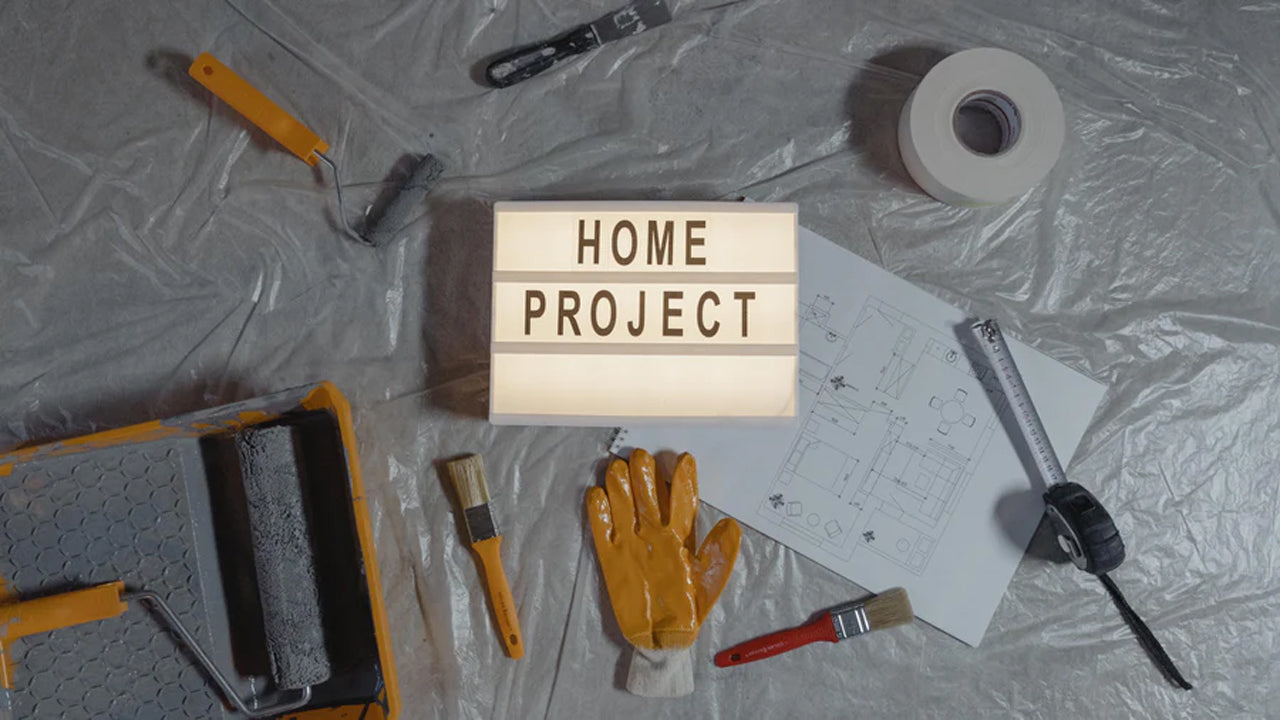
One in three people still plan a home makeover, with more than half of those doing it for aesthetic reasons, not due to urgent need or repair.*
Despite the current economic uncertainty consumers are facing due to an impending recession, the cost of living crisis and conflict in Ukraine, there is still a lot of intent to carry out home improvement projects, but how can retailers ensure that those customers come in-store? Stuart Hobbs, MD shared his thoughts on how Rothley have been helping our customers entice shoppers:
There is still a massive opportunity for retailers who are willing to adjust to the impact we are seeing across the sector, not just to bury their heads in the sand and try to survive but to come out the other side thriving.
New research has given the team at Rothley insight into consumer sentiment at this time and helped us pivot. The pandemic saw half the population put money away, with the average amount banked being close to £4,000.*
However two in three people admit to insecurity about future finances* caused by anxiety over the future of the economy.
This tells us that those who are shopping for aesthetic improvements need to be inspired every step of the way and shown the widest scope of possibilities. That means from the start of the journey online or in printed materials up until they are ready to buy, either online or in-store.
The pandemic was responsible for a sharp spike in online shopping but the experience of in-store shopping can still draw people in as half the population saying they still prefer to shop in-store. That figure rises to 61 per cent for the over 55s.*
With the convenience of online shopping, why do people still like taking the time to travel to a store and wandering the aisles? There is a sense of purpose in getting out and interacting and making a human connection. Most important is that word ‘experience’. Every in-store visit must be memorable, trigger a purchase and keep people coming back.
It’s the ability to see, feel and touch products, followed by the ability to talk to staff, to see more choice of products and for those added value experiential activities that only happen in store.
POS must always be inspirational - talk to suppliers about bespoke stands and bays that create eye-catching displays, even in small spaces. Think about the jobs people are doing and group complementary products in one space, creating convenience in store, not just online.
Brands are leading the way with creativity to maximise space in-store. At Rothley, we have designed stands that allow for optimal display, they are innovative because they allow the end customer to utilise one core product - a 25mm tube - and create different options with it due to fittings, finials and accessories all being included. There is no need to list additional SKUs as the existing ones can be used in different ways.
How we merchandise is just one of the ways we responded to the shifting landscape. The other comes earlier on in the process - how we make the logistics of delivery slicker and quicker.
As a supplier of hardware items, we are reliant on shipping from China and couldn’t sit back and do nothing while costs soared and shipping times grew longer. The uncertainty was too much so we needed to restore control where we could.
In response, we rethought and redesigned our logistics strategy. Now, not only do we manufacture to order efficiently, but we can store customers' finished stock in a ready to ship format in our recently purchased warehousing facility, allowing for immediate shipping. This has slashed delivery times to the UK down from 12-14 weeks to 4-5.
Goods can be shipped straight to customers from China, rather than coming to us after arriving in the UK and then moving on to the customer. We have also sped up the process by organising mixed containers for customers at source in China, rather than multiple items coming in different containers and having to be split and sorted when they land in the UK.
This is due to Rothley’s strong and long-standing business in China, the ability to recognise an opportunity and the willingness to try new ways when the landscape changes for UK based companies who rely on supply from China.
China is at the forefront of global logistic development, many years ahead of the UK and is creating new and efficient ways to move goods rapidly in cashless transactions. They lead the way and there are lessons we can all learn about the future of shopping.
Doing nothing in a time of crisis might seem the safest option. However, it is usually far more gratifying to seek, and find, refuge or even opportunity at times such as these.
* Research by Censuswide, 2,000 UK adults
